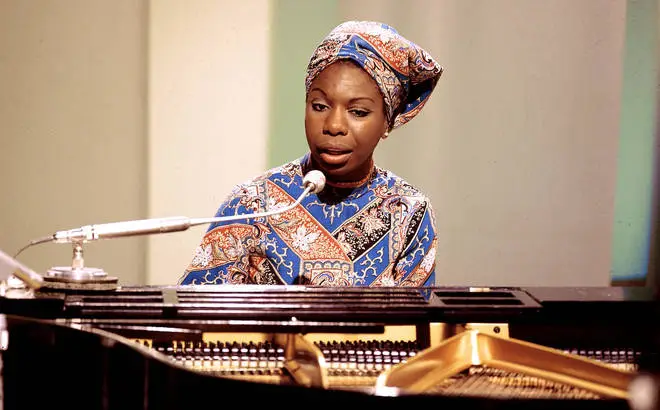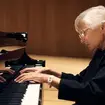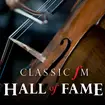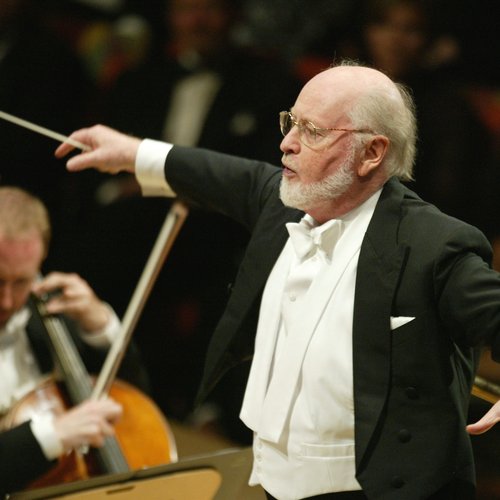‘Long time coming’ – government announces new music curriculum for England’s schoolchildren
30 March 2021, 11:47

Calls for music to play a crucial role in schoolchildren’s lives appear to have been answered, with a wide-ranging new music curriculum.
At the end of last year, a report urged that coronavirus is “threatening to further erode music education in the UK”, as it found nearly 70 percent of primary schools had reduced music teaching because of COVID-19.
For a long while, musicians and industry heads have been warning the government of the dire long-term effects of removing music from schools.
Now, it might be time to cue the fanfare. A new music curriculum for children from the age of five to 14 has just been announced, in an effort to give all young people access to high-quality music education.
Under the new syllabus, children from Years 1 to 9 will learn how to read and write music, and be introduced to beat, rhythm and pitch. They will also – for a promised “one hour a week” – have the opportunity to study a range of music, from classical melodies by Bach and Tchaikovsky, to jazz from Nina Simone and rock n’ roll from Elvis Presley and Little Richard.

The changes also come as schools commit to rewrites of syllabuses across the board, in a move to “decolonise the curriculum” following pressure from the Black Lives Matter movement.
The government is helping schools reshape history classes to cover Black people’s contribution to Britain, alongside music lessons that cover more than Western Art Music.
Julian Lloyd Webber, who was consulted on the curriculum, said the new curriculum “has been a long time coming but is worth the wait”.
“It is a paean to the joys and benefits of music,” the cellist and conductor added.
The ‘Model Music Curriculum’, which comes as pupils make a full return to school this month, was developed by a panel of 15 teachers, education leaders and musicians alongside the Associated Board of the Royal Schools of Music (ABRSM), which was contracted by the Department for Education to draft the final curriculum.
Children will also be exposed to “historically important composers” like Vivaldi and Scott Joplin, and world-renowned pieces like Puccini’s ‘Nessun dorma’, alongside instruments and singing lessons from Year 1.

Chineke! Orchestra performs Adolphus Hailstork’s ‘Epitaph for a Man Who Dreamed’
The curriculum also makes room for more discussion of Black artists and musicians. Tom Lancaster, head of music at Oasis Academy Shirley Park, told The Times he will be teaching his pupils about the composer Joseph Boulogne and his influence on Mozart’s writing, as many scholars including Chineke! founder Chi-chi Nwanoku have suggested Mozart “poached” elements from Boulogne’s works for his own compositions.
“We will teach that there is a strong belief that Mozart plagiarised Boulogne’s work,” Lancaster said.
The Department for Education has also committed £79 million for Music Education Hubs which provide pupils with instruments to play in class, and £1 million for charities which teach pupils about different styles of music.
It is hoped the new curriculum will help rebuild relationships between schools and their local government-funded music hubs, which provide opportunities for pupils to sing and learn instruments.
Lloyd Webber has urged music educators to “embrace” the curriculum “for the sake of every child”.
He added: “Music has immeasurably enriched my life and I cannot imagine existing without it. It provides motivation, stimulation and, most of all, joy. We should never underestimate the power of music, it knows no boundaries of language, race or background. It is the universal language – everyone has a soundtrack to their lives.”


































